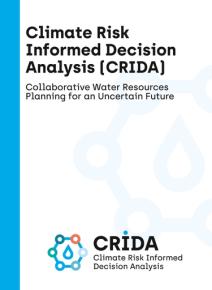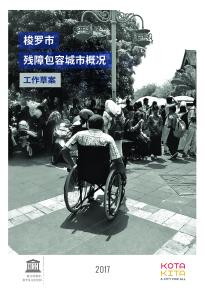Publication
Mapping research and innovation in the Republic of Malawi

One of the poorest countries in the world, Malawi nevertheless spends 1% of its gross domestic product (GDP) on research and development (R&D), one of the highest ratios in Africa. Although R&D spending remains low in real terms, Malawian scientists publish more in mainstream journals – relative to GDP – than researchers in any other country with a similar population size.
Malawi thus has the potential to harness science, technology and innovation to reducing poverty and diversifying its agriculture-dependent economy: manufacturing accounts for just 12% of GDP and most products are exported in a raw or semi-processed state. The challenge will be to attract sufficient foreign direct investment (FDI) to foster technology transfer and empower the private sector to serve as an engine of economic growth. With stable government for the past two decades, ever since the introduction of a multiparty system, the country is a potentially reassuring destination for foreign investors.
The Government of Malawi has recently begun reforming its financial management system and has put a series of fiscal incentives in place to attract foreign investors. The Malawi Investment and Trade Centre has designed a multimillion investment portfolio spanning the major growth sectors of Malawi’s economy, including a number of innovation projects. The country has also introduced a series of policy instruments to promote FDI, including tax incentives and the Malawi Innovation Challenge Fund for private businesses, which nurtures productive partnerships between leading firms and poor producers and entrepreneurs. The need for research and services is enormous, in a country where 93% of the population still lacks access to electricity, 47% improved sanitation and one in four adults any form of family planning.
In 2013, the Government of Malawi appealed for UNESCO’s assistance in preparing an evidence-based policy analysis of its unique situation. Mapping Research and Innovation in the Republic of Malawi is the result. The present profile has been produced within the Global Observatory of Science, Technology and Innovation Policy Instruments (GO-SPIN), a UNESCO initiative which stresses the importance of having a wide range of policy instruments to ensure effective policy implementation. GO-SPIN is applying a new methodology to mapping research and innovation at country level, in order to inform the reform process and improve monitoring of national innovation systems.









